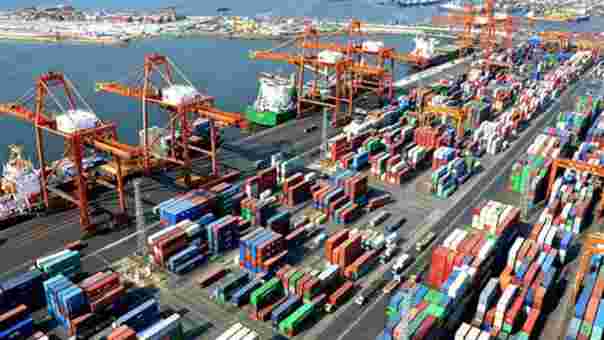Islamabad, June 18, 2025 – The Government of Pakistan unveiled the draft National Tariff Policy (NTP) 2025–30 during the National Regulatory Reforms Conference held in Islamabad on Wednesday.
The event, organized by the Board of Investment (BoI), served as a platform for strategic dialogue among policymakers, diplomats, and private sector leaders focused on regulatory reform and industrial competitiveness.
Rana Ihsaan Afzal, Coordinator to the Prime Minister on Commerce, represented the Ministry of Commerce and delivered the keynote address, emphasizing the government’s determination to transform the national tariff policy landscape to support economic growth and exports.
He stated, “The new tariff policy aims to establish a predictable, transparent, and business-friendly tariff regime. It will simplify trade procedures, encourage innovation, and promote Pakistan’s integration into global value chains by offering duty-free access to raw materials and supporting emerging industries.”
The draft tariff policy includes bold reform measures: a phased elimination of Additional Customs Duties (ACDs) over four years, removal of Regulatory Duties (RDs) and the outdated 5th Schedule within five years, and the establishment of a simplified four-tier Customs Duty structure at 0%, 5%, 10%, and 15%. These steps aim to reduce input costs and stimulate industrial investment in sectors such as textiles, pharmaceuticals, engineering, and information technology.
Rana Afzal noted that as part of the tariff policy’s first implementation phase, duties on approximately 7,000 tariff lines—primarily raw materials and intermediate goods—will be lowered, delivering an estimated Rs. 200 billion in direct relief to industry. “This tariff policy will empower local businesses to scale, attract foreign investment, and compete in international markets,” he remarked.
The conference was attended by Federal Ministers Haroon Akhtar (Industries and Production) and Qaiser Ahmed Sheikh (BoI), alongside senior officials, business leaders, and foreign diplomats. Attendees widely praised the new tariff policy draft as a decisive move toward rationalizing the tariff structure and unlocking Pakistan’s industrial potential.
The policy forms a key pillar of the government’s broader reform agenda aimed at economic modernization, job creation, and sustainable development. With its focus on simplifying customs structures and removing barriers to trade, the National Tariff Policy 2025–30 is expected to strengthen investor confidence and accelerate Pakistan’s transition to a competitive, export-led economy.
